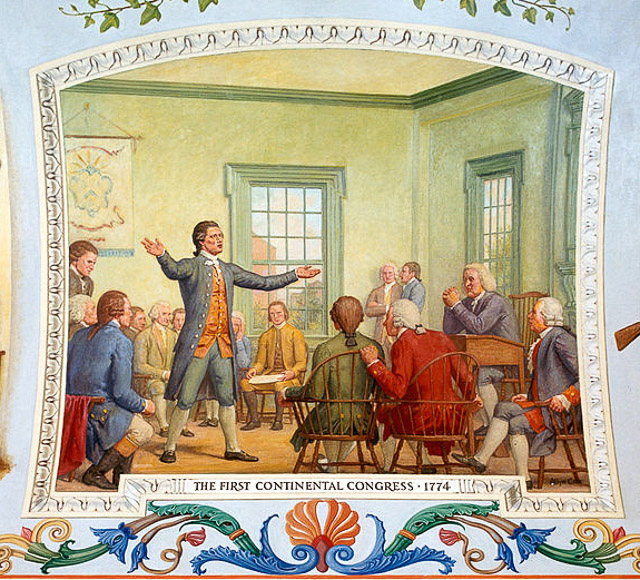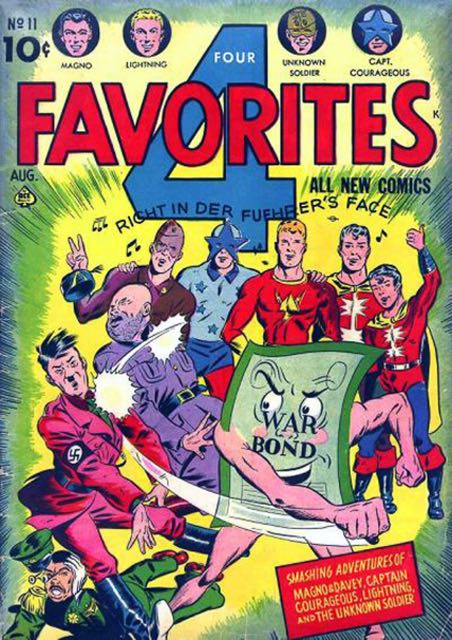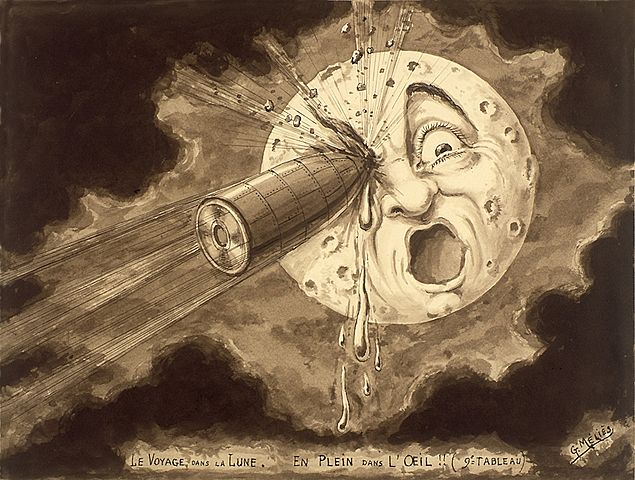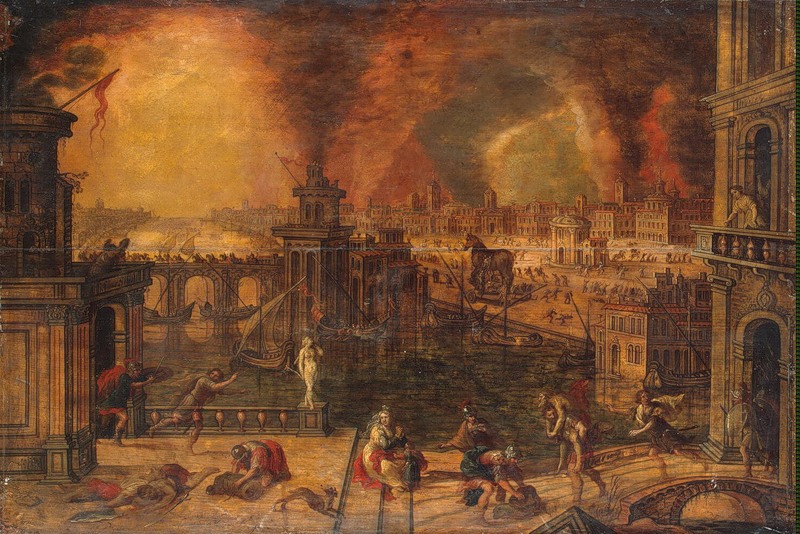My Social Studies Methods class at the University of Portland recently published a free multi-touch iBook – Exploring History: Vol IV. It features eight engaging questions and historic documents that empower students to be the historian in the classroom. For more info on our project and free download of a pdf or multi-touch iBook version click here.
To better publicize student work, I’m featuring each chapter in it’s own blog post. See more in the series here
Imagination, Innovation & Space Exploration by Molly Pettit
Molly introduces her lesson with an essential question: What is the relationship between imagination and innovation within the context of space travel?
Imagination and innovation are two key forces that drive history. The stories are everywhere – the phones in our pockets, the computers on our desks, the cars we drive, the medicine we take when we’re sick, even the indoor plumbing we use in our homes.
This chapter will examine how imagination and innovation have influenced space travel throughout history. Using historical thinking skills such as contextualization and close reading to examine text and media sources to unravel the relationship between imagination and innovation, students will analyze how both influenced one of the biggest dreams of the 20th century, and fueled ambitions for the future.
Image credit: By Georges Méliès [Public domain], via Wikimedia Commons
Like this:
Like Loading...





